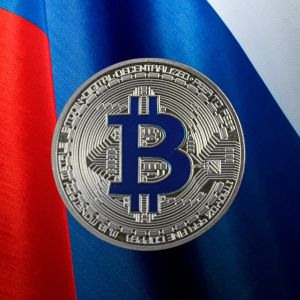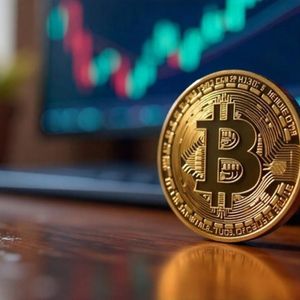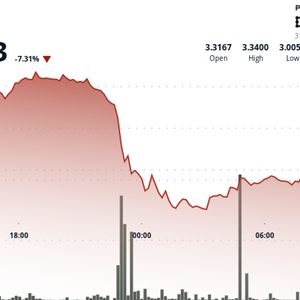The Bank of Russia is finally letting crypto through the door, but only for people who meet a very high bar. On Wednesday, the central bank said financial institutions in Russia can now offer their wealthiest and most experienced clients access to crypto-linked investments. This decision, according to a press release from the Bank of Russia, allows licensed firms to provide non-deliverable products—things like derivatives and securities—whose returns depend on crypto prices. But investors won’t actually receive any crypto. The whole system has been built to keep coins out of clients’ hands. This isn’t open season for crypto in Russia though. The central bank made it clear that only qualified investors will be allowed to touch these products. Every bank offering them has to apply strict risk controls, fully cover these investments with capital, and set individual limits on exposure. The Bank said it plans to formalize this conservative approach later in the year, building a regulatory framework around the price volatility of crypto. At the same time, it warned both institutions and their clients to stay away from direct crypto purchases, repeating its long-standing position against retail trading. Government considers crypto sandbox, Sberbank joins regulated exchanges The Russian government is currently reviewing a proposal from the Bank of Russia to create a testing zone for actual crypto transactions. The idea is to launch a special regime where only certain investors will be allowed to buy or sell crypto directly. That plan was introduced in March, and if approved, will run for three years under a system called the EPR, or experimental legal regime. Elvira Nabiullina, Governor of the Bank of Russia, told the Russian Stock Market 2025 conference on May 16 that the crypto market needs both new laws and stronger infrastructure before it can grow in Russia. She said the EPR would only be open to investors who pass strict qualifications. According to the plan, anyone who wants to join the sandbox must hold more than 100 million rubles in securities and deposits or make at least 50 million rubles per year. Nabiullina also said discussions are ongoing about how to finalize those rules, and the government is expected to help speed that process. While the Bank works on tightening the rules, Russia’s biggest lender is already preparing to step in. Alexander Zozulya, head of global markets at Sberbank, said the bank plans to act as a liquidity provider for the country’s regulated crypto platforms. These platforms are being designed exclusively for highly vetted investors, not for the public. “We will serve as a market maker on these regulated exchanges,” Zozulya said, adding that the goal is to bring structure and reliability to crypto trading within approved limits. Trump fuels Russian crypto surge, oil companies use bitcoin in trade The Bank of Russia also pointed to a massive surge in crypto activity coming from inside the country. Over the last quarter of 2024 and the first three months of 2025, crypto flows tied to Russian residents increased by over 51% compared to the previous six months. The Bank reported that Russians moved 7.3 trillion rubles, or around $91 billion, through major global crypto exchanges during that time. The Bank said that President Donald Trump’s administration is boosting international confidence in crypto, which is helping attract Russian interest. Trump’s support for Bitcoin has had an effect across global markets, with Russia being one of the countries responding fastest. Crypto is also now part of Russia’s foreign trade strategy. Many Russian oil companies have started using bitcoin, ether, and stablecoins like Tether to deal with China and India. These tokens help them convert yuan and rupees into rubles, especially in deals that bypass Western banking systems. Though still small, this crypto-based method is growing as part of Russia’s $192 billion oil trade, according to the International Energy Agency. Cryptopolitan Academy: Tired of market swings? Learn how DeFi can help you build steady passive income. Register Now



















